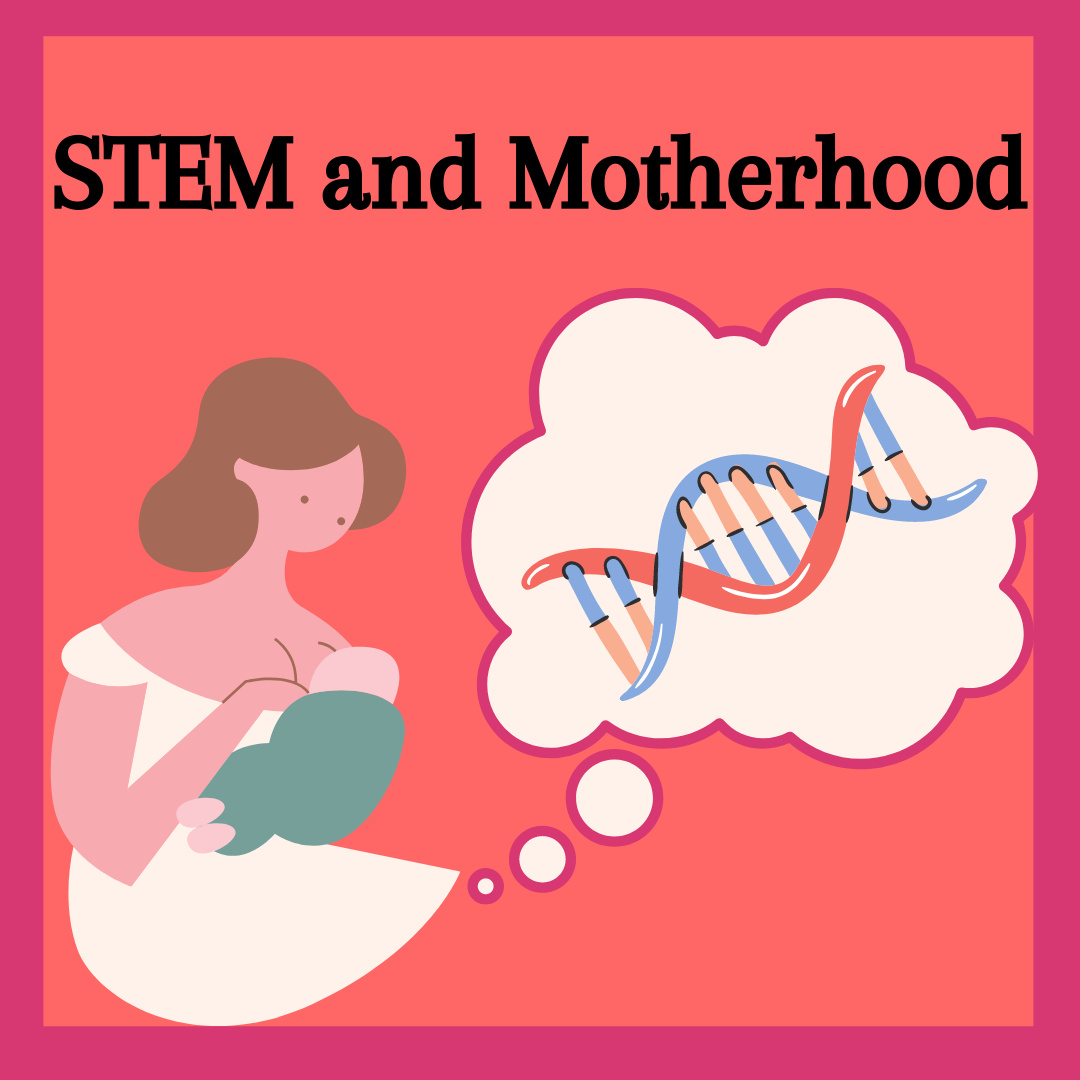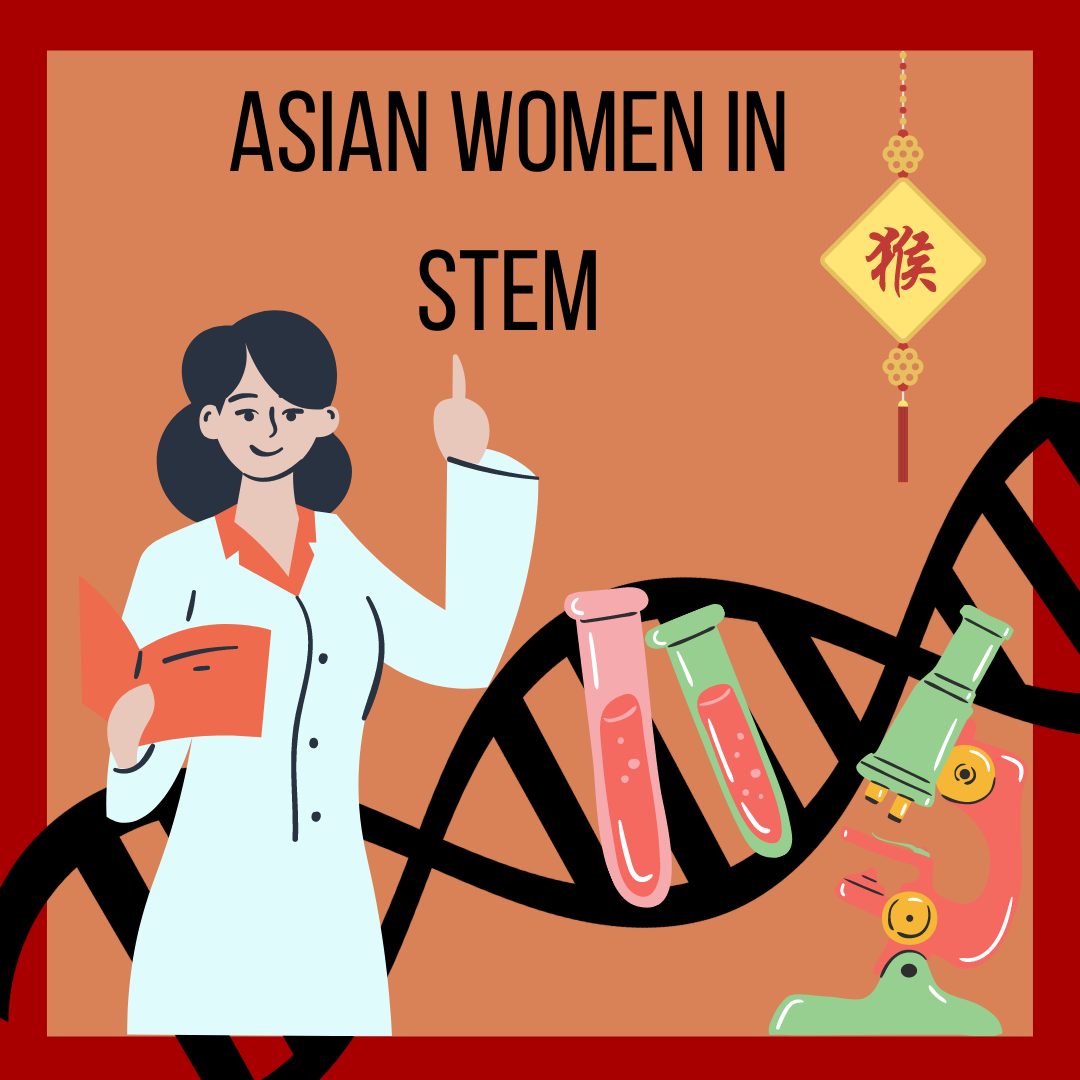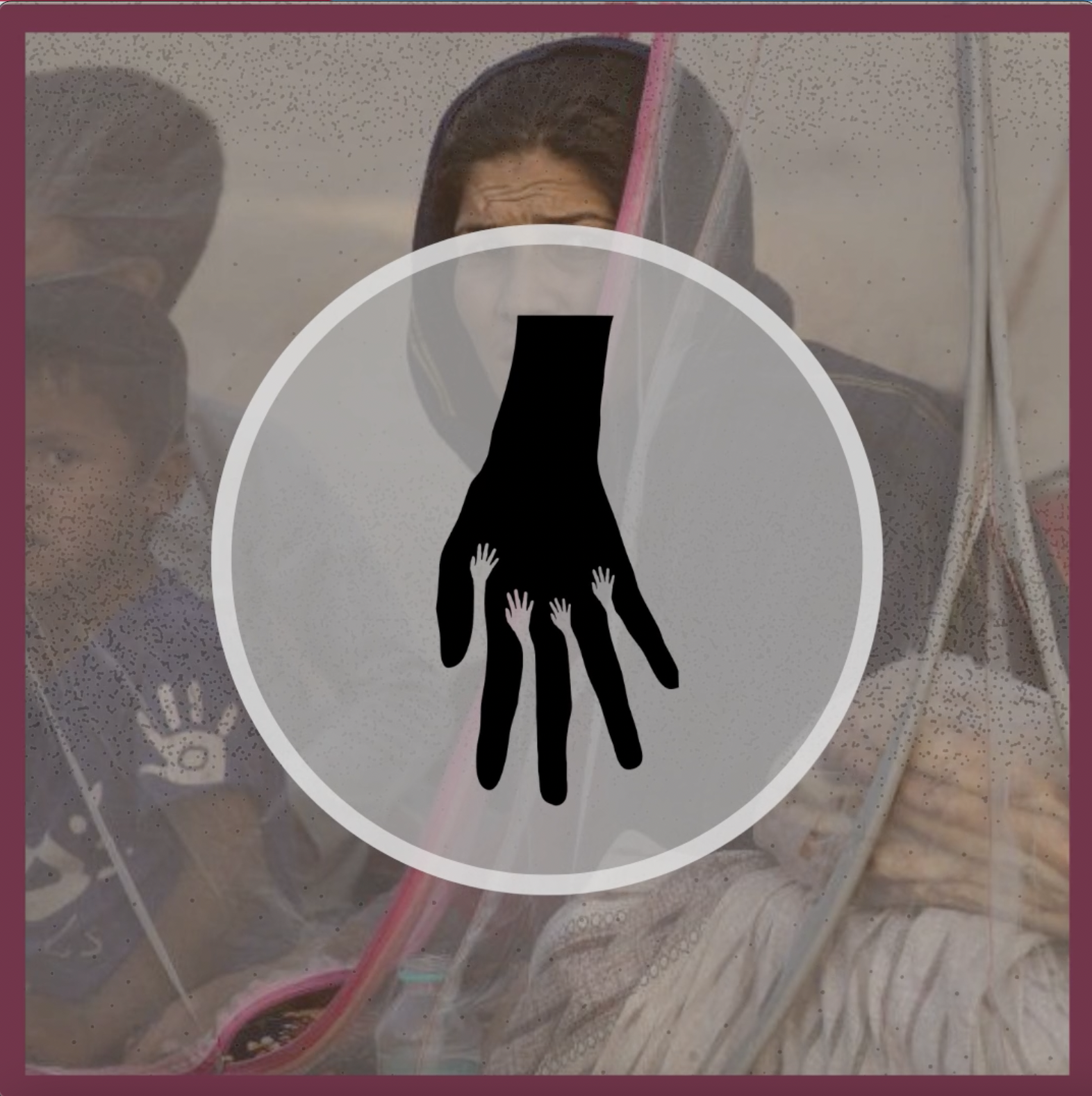Being a POC in STEM is challenging. Being a POC woman in STEM who is also queer is even more so. Kaela Singleton is making sure she removes these barriers, so that her students don’t face what she had to. Through this, she is creating a safe and inclusive space in academia.
Dr. Kaela Singleton is a postdoctoral developmental neuroscientist at the Faundez lab at Emory University. She earned her PhD in neuroscience from Georgetown University in 2020 and his since also earned the position of adjunct professor at Agnes Scott College, the university where she received her bachelor’s degree in neuroscience and classical history.
Kaela’s activism centers around intersectionality, specifically creating a safe space for black and queer people in STEM. She is also co-founder and President of Black In Neuro, an organization dedicated to celebrating black neuroscientists. As a Black, multiracial, queer woman, Kaela has had to overcome many challenges, and now she is dedicating her positions as a leader and mentor to pioneer a more inclusive world for underrepresented communities in STEM.

Kaela’s success is no fluke. Navigating a system that actively make the tide flow against you needs determination and skill that can be exhausting. Not only has Kaela mastered this, she is also ensuring her mentees aren’t subject to the same discrimination she was.
“My career goals are enriched by the opportunity to promote diversity, equity, and inclusion as well as representation and accountability within the field.”
–Kaela Singelton
her research
Not only is Kaela breaking barriers through her activism, she is also saving lives through her research in STEM. Kaela’s postdoctoral research focuses on Menkes Disease, a form of childhood neurodegeneration. The primary cause for Menkes Disease a mutation in the ATP7A gene which alters copper regulation in the body. Menkes is a progressive disease and leads to severe neurological and developmental defects in children.
Kaela is studying the role of mitochondrial retention in the disease, an understanding of which could potentially help guide treatment plans for the disease.
Children all around the world will benefit because of Kaela’s research, and will grow up knowing that a Black Queer Woman in STEM helped them lead normal lives. She is leaving a mark on the world that will inspire a whole new generation.

her identities
The cis-heteronormative white societal prejudices are barriers that impedes progress. This is known, and to a large extent, accepted. However, the path for people with multiple identities that are generally underrepresented in STEM- people of color, queer people, people who identify as female, indigenous people- is marked with constant barriers to overcome. They not only face systemic injustices, but are also subject to microaggressions in classrooms, labs, and the workplace. Backhanded comments, curious stares, and getting spoken over are all examples of such microaggressions.
At one point in her STEM journey, Kaela had a professor use her queerness to imply a “deficit in her cognitive processing”.
I hope you’re as disturbed by their unmasked homophobia as I am. It has no place in education, or anywhere else. Academia, however, has been dominated by people who look the same for centuries, and has become compliant in acts of discrimination. It requires systemic changes to remove the racist, sexist, and, overall discriminatory system and individuals that it has enabled.
discrimination has no place here
Kaela advocates for the intersectional experiences people like her face, and how science can adapt to become more inclusive through policy change and accountability at an institutional and personal level, and through the support of allies.
“Policies that address LGBT+ and intersectionality are missing. None of my workplaces has had any policy that addresses what will happen if a researcher is consistently misgendered by a co-worker. If an institution does not spell out and enforce consequences for such behavior, it can’t call itself inclusive.”
–Kaela Singelton

As a POC, woman, or any other ‘minority’, dealing with the everyday challenges that come with our identities can be exhausting. Kaela’s professor’s comment was, of course, discouraging, but it led to a very important lesson.
Following this comment, a peer stepped in and called out the professor, “That is incredibly rude, disrespectful and inaccurate — and has no place here.” That took courage and served as the perfect example of the importance of allies, and allowing some of the fight to be fought by those around you. You may not be able to stand up for yourself every time, but someone else probably can. Allow them.
the pioneer
It is largely through the work of individuals like Kaela (and Grace Williams), who not only create a path where there is none, but are also dedicated to helping science and academia adapt to being inclusive of all people, that change can be achieved.
Kaela realizes her activism through leading by example. She works with her students to ensure they feel safe being theirselves, and supports them through their journey. Leaders and mentors like Dr. Kaela Singleton are pioneering a world of academia where science can progress unbound by systemic barriers. It is through their work and example that we can hope to live in a world where being a POC, a woman, or queer is no longer a barrier.
scientist to watch
Kaela has received many awards and honors for her work and activism. She was named Agnes Scott College’s Outstanding Young Alumna and Cell Mentor’s 1000 inspiring Black scientists in 2020.
Kaela Singleton is not only a scientist to watch, she is also a pioneer to learn from. Science is for everyone. Your identity contributes to your excellence, and your experiences help make you a better scientist and a better leader. In your path in STEM, make sure you choose mentors like Kaela that support your identities, and once you’ve become a mentor, make sure you create an environment where your students feel welcome and safe. And, of course, make sure everybody knows,
“Women in Science? We exist.” 🙂
Subscribe to help us keep you updated with new posts!
If you like this post, you may like some of our other work too!




Leave a Reply